11:20am Room B - Balance: Work/life/pandemic balance
Liling Chang |
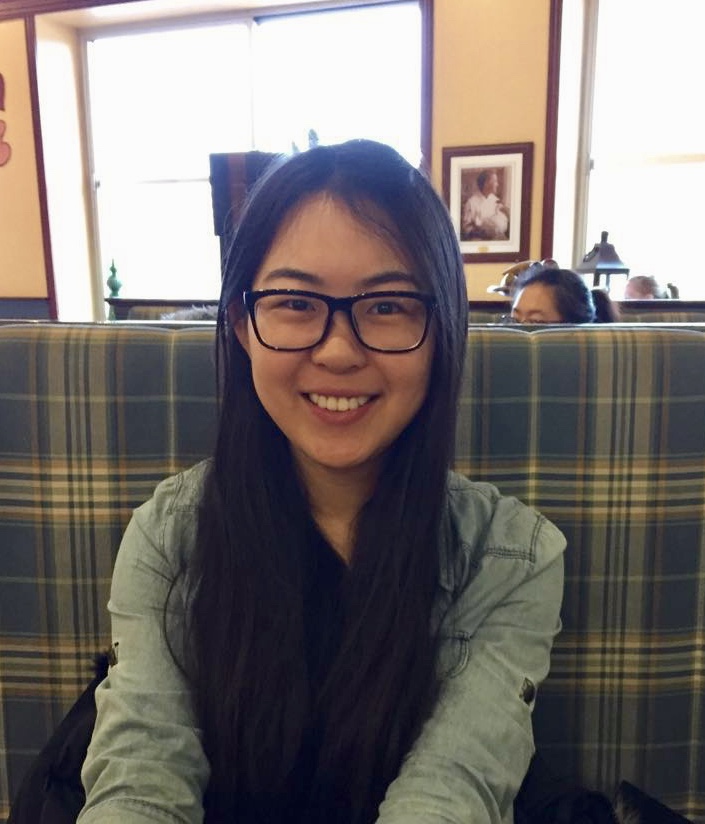
|
|
|
PhD candidate Department of Hydrology and Atmospheric Sciences University of Arizona |
Website | |
| Liling Chang is a Ph.D. candidate at the Department of Hydrology and Atmospheric Sciences at the University of Arizona. Her Ph.D. research is mainly focused on hydrological conditions over drylands. Her research involves analyzing remote sensing data and conducting model experiments. She is looking forward to learning from other women in data science and sharing her own experiences. | ||
Dr. Martha Whitaker |
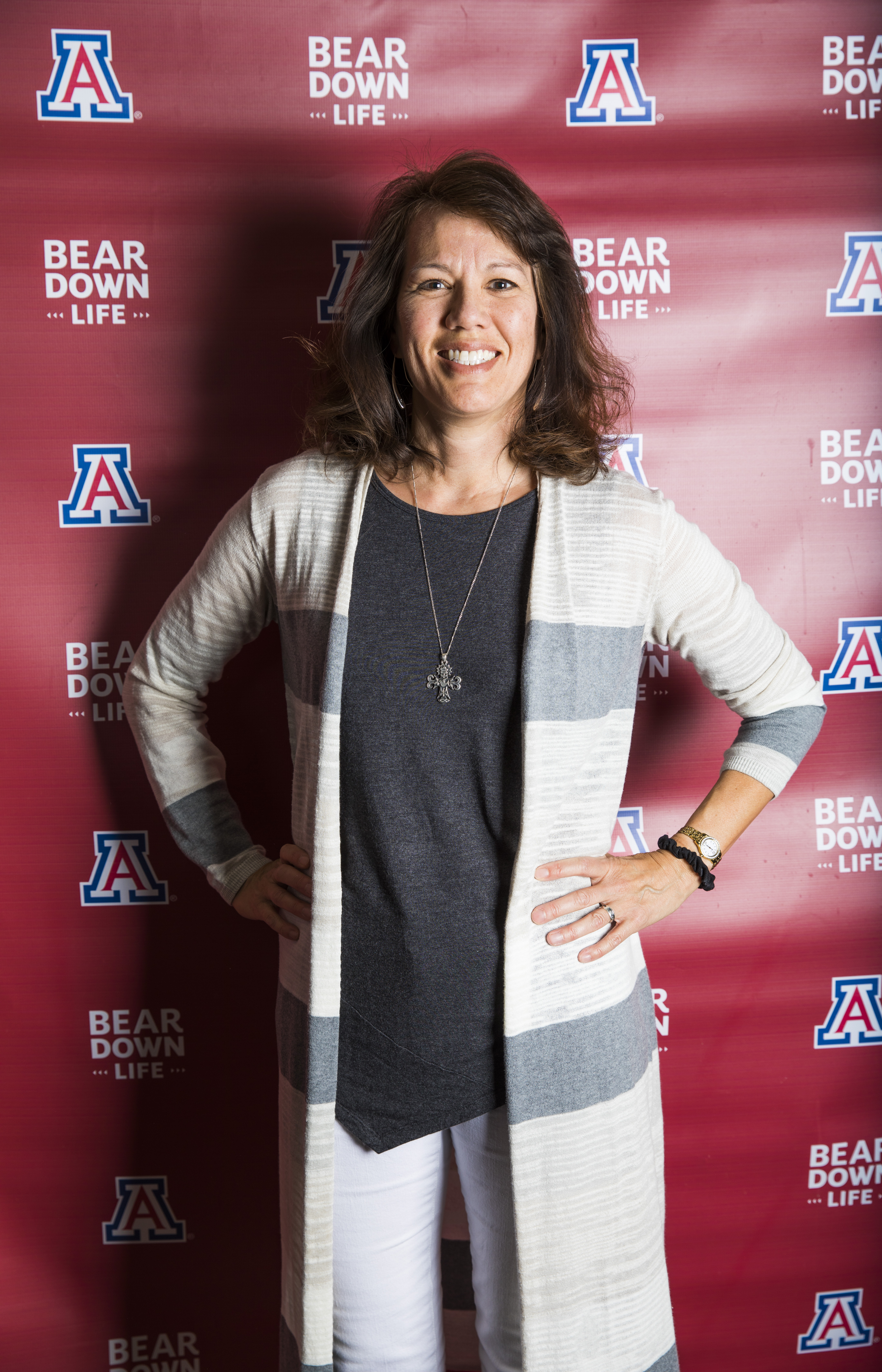
|
|
|
Associate Professor of Practice Director of Graduate Studies Deptartment of Hydrology & Atmospheric Sciences University of Arizona |
||
| Website | ||
| Dr. Whitaker is an Associate Professor of Practice in the Department of Hydrology and Atmospheric Science. She instructs three undergraduate classes in the fall semester, and three classes in spring semester. These include: HWRS 203 “Arizona Water Issues”; HWRS 350 “Principles of Hydrology; HWRS 498/498H”Senior Capstone”, HWRS 195a “Careers in Hydrology & Atmospheric Sciences”; and HWRS 695a “Careers in Hydrology & Atmospheric Sciences”. Dr. Whitaker also serves as an undergraduate academic advisor for the HAS-Environmental Hydrology majors in the Department, and is the Director of Graduate Studies for the Hydrology programs. She earned her Bachelor’s degree in geology from Michigan State University, then moved to Arizona to complete her Master’s and Ph.D. in Hydrology and Water Resources at UArizona. She worked as an Assistant Research Scientist with the Global Energy and Water Cycle Experiment (GEWEX) Science Steering Group (SSG), and did a postdoc as a Soil Moisture Research Scientist, with the Global Learning and Observations to Benefit the Environment (GLOBE) Soil Moisture Campaign. She is also a nationally-recognized undergraduate academic advisor (National Academic Advising Association (NACADA) Outstanding New Faculty Advisor, 2010) and is the recipient of several University, College of Science, and Departmental Awards for her excellence in advising and commitment to student advocacy and success. | ||
Jennifer Nichols |
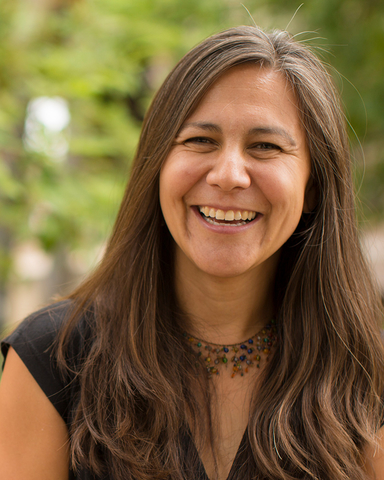
|
|
|
Director of CATalyst Studios Assistant Librarian University of Arizona |
@jennytnichols | |
| Website | ||
| As Director of CATalyst Studios, I work with students, faculty and partners on campus and in the community to create programming that supports learning new tools and novel applications of technology. CATalyst Studios will be part of our newly renovated Main Library as part of the Student Success District, and will feature the newest iteration of our iSpace, the makerspace and VR studio currently in the Weaver Science-Engineering Library, as well as a Data Studio and multiple collaborations spaces. I am passionate about creating inclusive environments for learning, and connecting our greatest resources, people, to one another, and my scholarship focus is in this area. | ||
Dr. Leah Kapa |
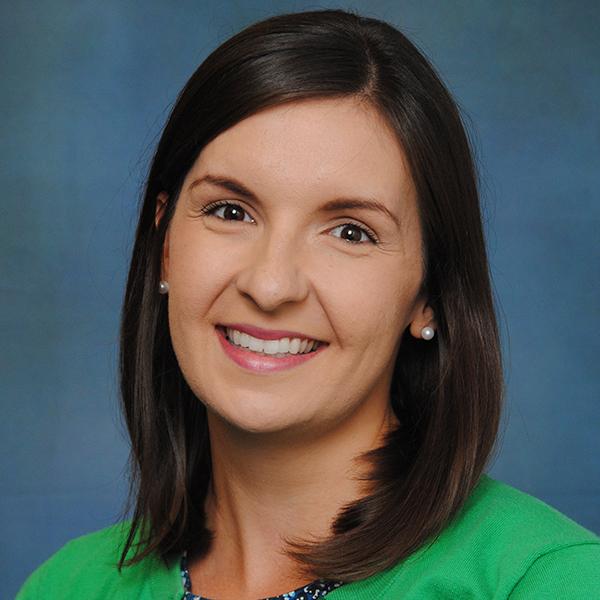
|
|
|
Assistant Professor Speech, Language and Hearing science University of Arizona |
Website | |
| Leah Kapa earned her PhD in Child Language at the University of Kansas and completed an NIH-funded postdoctoral fellowship at the University of Arizona before joining the faculty. Dr. Kapa’s research focuses on the relationship between language and cognition in individuals with typical language abilities and individuals with developmental language disorders. She addresses questions about how we use cognitive skills, like memory and attention, to learn and process language and how we use language to complete difficult cognitive tasks. | ||
Moderator: Laleh Coté |
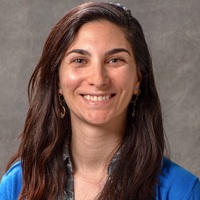
|
|
|
Ph.D. Candidate University of California, Berkeley |
@LalehEsmaili | |
| Laleh Coté is a science educator and researcher. As an undergraduate she completed her B.A. in biology, and engaged in research at both Lawrence Berkeley National Laboratory (Berkeley Lab) and the University of California, San Francisco. She now works as a STEM Education Specialist in Workforce Development & Education at Berkeley Lab, and is a Ph.D. Candidate in the Graduate Group in Science & Mathematics Education (SESAME) at the University of California, Berkeley. Her work is centered around student outcomes and mentoring practices in science research experiences, with a special focus on students who have less access to these professional development opportunities. Her academic/career interests include assessments of teaching, mentoring, and learning in science; culture/community in science; and the impacts of COVID-19 on science research experiences. | ||